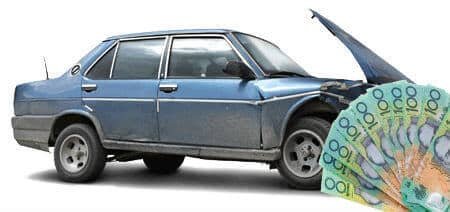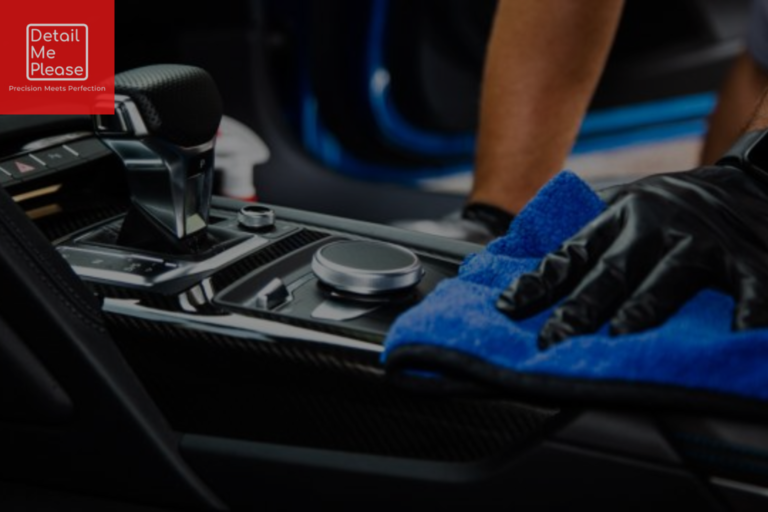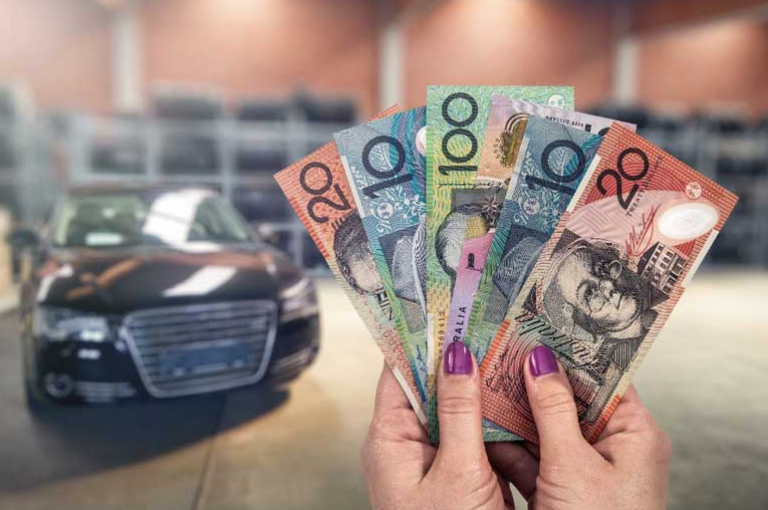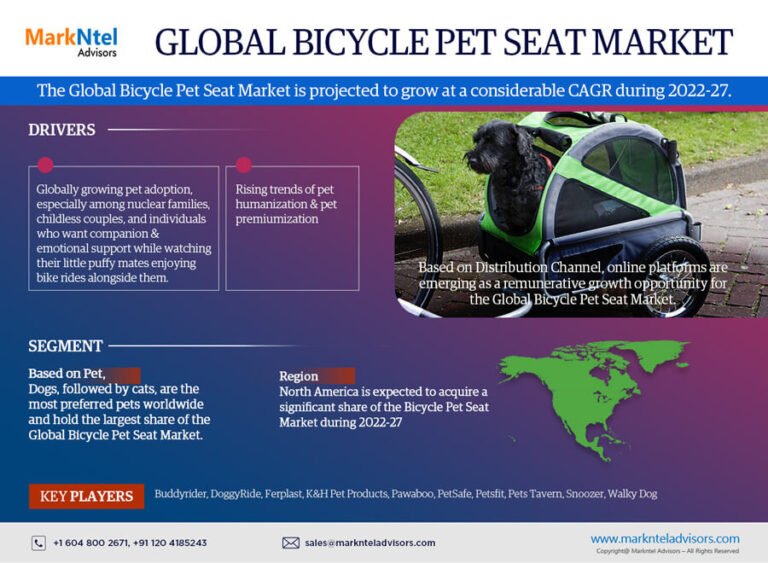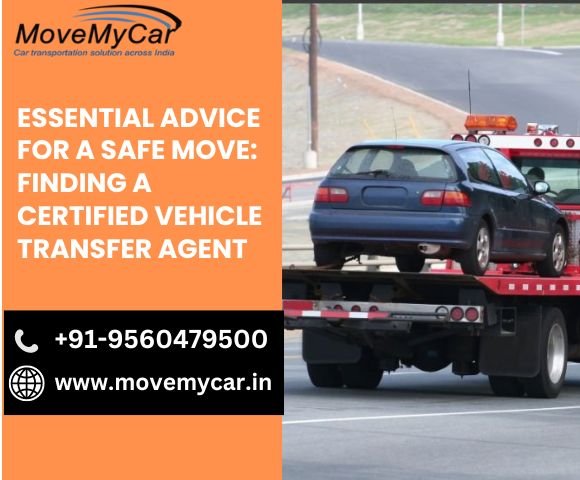6 Essential Questions to Avoid Costly Mistakes with Car Wreckers
1. What is the Value of My Car?
One of the first things you need to know is how much your car is worth in its current condition. Car wreckers determine the value based on the make, model, age, and condition of your vehicle. Cars with rare or valuable parts may fetch a higher price, while heavily damaged or non-running cars may be valued lower.
It is also important to note that car wreckers will typically factor in the weight of the metal, as scrap metal prices fluctuate. You should ask the wrecker for a clear explanation of how they assess your car’s value and if there are any additional factors they consider.
Fact: The value of scrap metal is often a key component in determining the worth of a vehicle, and scrap metal prices tend to fluctuate depending on market demand.
2. Do You Offer Free Car Removal?
Car removal services can vary from wrecker to wrecker. Some offer free car removal as part of their service, while others may charge a fee, especially if the car is located in a hard-to-reach area. It is essential to clarify whether car removal is included and if there are any conditions tied to it.
Many reputable wreckers provide free car removal, which can save you a significant amount of money. Always ask if there are any hidden fees or extra charges for towing your vehicle.
Fact: Free car removal is often offered to customers selling their scrap cars, but be sure to confirm this service upfront to avoid unexpected fees.
3. Are There Any Hidden Fees?
Transparency is key when dealing with car wreckers. Ask if there are any additional fees for services such as paperwork, towing, or dismantling. Some wreckers may charge extra for handling certain aspects of the process, while others offer a flat rate with no hidden costs.
Knowing the full extent of any fees beforehand will help you make an informed decision and avoid being surprised by unexpected charges.
4. How Do You Handle the Paperwork?
Paperwork is an essential part of selling your car to a wrecker. Ask the car wrecker what documents they will need from you, such as proof of ownership or vehicle registration. Some wreckers will handle most of the paperwork for you, while others may require you to take care of certain aspects on your own.
Make sure the process is clear so that you can avoid any legal issues in the future. Ensure that the vehicle is properly transferred to the wrecker’s ownership, so you are not held liable for any future incidents.
Fact: Most reputable wreckers will handle all the paperwork on your behalf, making the transaction easier for the car owner.
5. What Happens to My Car After It Is Wrecked?
Understanding what happens to your car after it has been wrecked can provide peace of mind, especially if you are concerned about the environmental impact. Ask the wrecker if they follow eco-friendly recycling practices and how they dispose of hazardous materials such as oil, batteries, and coolant.
Many car wreckers aim to recycle as much of the vehicle as possible, including the metal, tires, and any salvageable parts. This helps reduce waste and contributes to more sustainable practices in the automotive industry.
Fact: Around 80-85% of a vehicle’s materials can be recycled, including metal, plastic, and rubber, making car wrecking an eco-friendly option.
6. When and How Will I Be Paid?
One of the most important questions to ask is about payment. Clarify how and when you will receive the agreed-upon amount for your vehicle. Some wreckers pay cash on the spot, while others may require a few days to process the payment. It is essential to know the payment terms before committing to the deal.
Ask whether you will be paid in cash, by bank transfer, or by check, and ensure that the payment method is secure and reliable.
Fact: Many car wreckers offer same-day payment, ensuring that you receive your cash quickly after selling your vehicle.
Cash for Cars and the Junkyard Industry
The cash-for-cars and junkyard industry plays a crucial role in recycling vehicles and salvaging usable parts. Car wreckers provide an efficient solution for disposing of unwanted cars while offering a monetary incentive. This is particularly beneficial for those with non-functional vehicles. Additionally, many junkyards supply affordable parts for other vehicles, contributing to sustainable automotive practices. If you are exploring car wreckers in Hamilton, it can lead to finding reliable wreckers who not only purchase your car but also help keep the environment clean through recycling efforts.
Conclusion
When working with car wreckers, asking the right questions is crucial to ensure you get the best deal and avoid unnecessary hassles. From understanding the value of your car to confirming payment details and ensuring eco-friendly practices, these questions will help you navigate the process confidently. Car wreckers provide an essential service by recycling vehicles and offering cash in exchange, making it a practical solution for anyone looking to dispose of an old or non-functional vehicle. By being well-informed, you can make the process smoother and more rewarding.
For more information click here.
